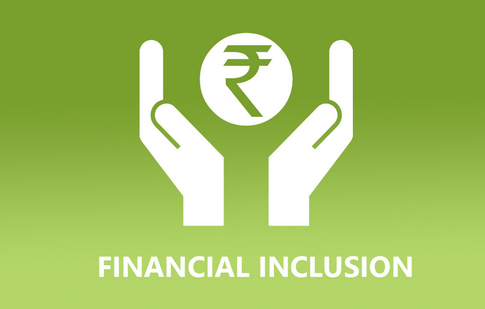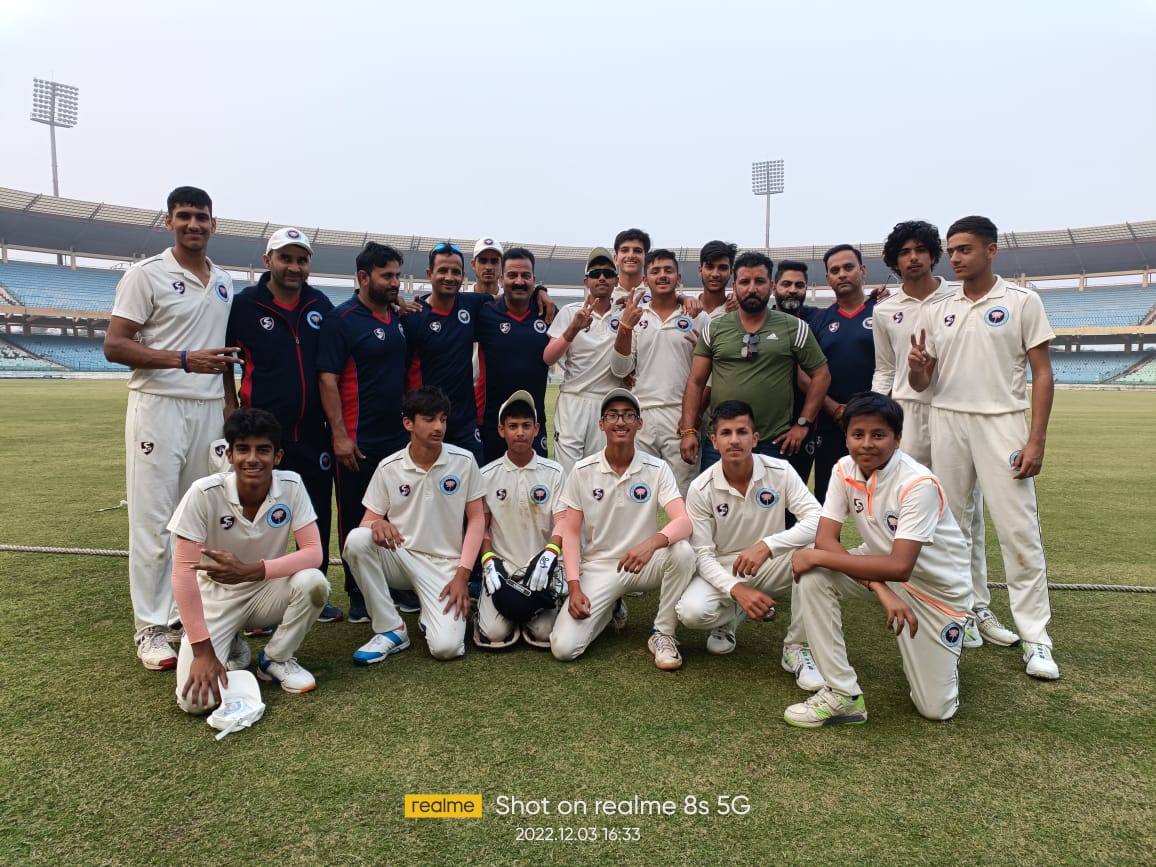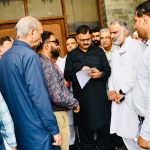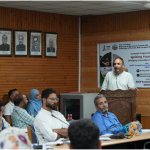AJAY SETH & MICHAEL DEBABRATA PATRA
Introduction
Ensuring access to financial services, timely and adequate credit for vulnerable groups such as weaker sections and low-income groups at an affordable cost is recognized as a key driver of economic growth and poverty alleviation the world over. Access to formal finance can boost job creation, reduce vulnerability to economic shocks and increase investments in human capital. Seven of the seventeen United Nations Sustainable Development Goals (SDG) have financial inclusion as a key enabler for improving the quality of lives of poor and marginalized sections of the society.
In 2010, G20 countries endorsed a Global Partnership for Financial Inclusion (GPFI) to facilitate dialogue on financial inclusion, focusing on unserved and underserved individuals, micro, small and medium enterprises. In 2011, G20 leaders made a commitment to bring down the cost of remittances. High-Level Principles (HLP) for Digital Financial Inclusion (DFI) were developed in 2016 as a guide to countries on their path to digital transformation. GPFI continues to focus on facilitating digital financial inclusion and working towards providing options of finance to SMEs, while addressing financial customer protection and financial literacy aspects.
The drive towards financial inclusion has been unique for each country, conditioned by national priorities, institutional capacity to implement reforms, evolution of financial markets, payments infrastructure, financial capability, and cultural beliefs that drive financial behaviour.
In India, policies for financial inclusion include expansion of bank branch networks to unserved and underserved areas, credit flow to sections of society that get excluded by credit markets, launch of the Lead Bank Scheme, promotion of Self-Help Groups and Joint Liability Groups (JLG), introduction of Kisan Credit Cards (KCC) and Basic Savings Bank Deposit Accounts (BSBDA), improving last mile delivery through business correspondents.
A watershed moment was the launch of the Pradhan Mantri Jan Dhan Yojana (PMJDY) programme for providing access to bank accounts to every household and further to every unbanked adult under the expanded coverage. PMJDY was announced by Prime Minister Narendra Modi in his I-Day address on August 15, 2014. While launching the programme on August 28, 2014, the PM had described the occasion as a festival to celebrate the liberation of the poor from a vicious cycle.
Taking this initiative forward, the JAM (JanDhan, Aadhaar and Mobile) trinity brought about a major shift in the field of financial inclusion and enabled universalization of digital payments in a convenient, safe, secure, transparent, and affordable manner. The resilience of the JAM eco-system was tested during the pandemic, when timely relief was provided to vulnerable sections through direct benefit transfer (DBT) amounting to Rs. 5.53 lakh crore across 319 government schemes spread over 54 ministries. Building on the JAM eco-system, the country has made significant strides in bridging the gender gap. Deposit balances of women are growing at a faster rate than those of men through the last decade.
A National Strategy for Financial Inclusion (NSFI) 2019-24 and National Strategy for Financial Education (NSFE): 2020-25 have been put in place to provide a road map for coordinated approach by all financial sector regulators to ensure system-wide financial inclusion, financial literacy and consumer protection.
A Financial Inclusion (FI) Index has been developed by the Reserve Bank of India (RBI) which highlights the need for greater and more focussed interventions on the demand side of inclusion efforts for improving the safe and secure usage of financial services and improving the quality of delivery of sustainable financial inclusion.
India has been a forerunner in addressing the ‘last mile connectivity’ problem by developing a world class payment infrastructure, leveraging digital infrastructure like UPI, Aadhar, GSTN, Open Network for Digital Commerce (ONDC) and Account Aggregators (AA) to facilitate digital consent-based sharing of financial data for lending including cash flow-based lending to micro, small and medium-sized enterprises (MSMEs).
FinTech solutions integrating digitised land records facilitate seamless credit to farmers. Video based customer identification process (V-CIP) has been introduced to promote digital on boarding of customers. In order to promote responsible innovation, regulatory sandbox cohorts for retail payments, cross-border payments and MSME lending have been put in place by the RBI. Going forward, the trinity consisting of UPI, e-KYC and AA is expected to usher in the next revolution in the provision of customised and inclusive financial services.
Under India’s G20 presidency from December 1, 2022, the country will strive to advocate the importance of digital public infrastructure (digital identity, digital payment, and digital consent-based sharing of data) in order to deepen the financial inclusion ecosystem globally.
Digital innovations can play a significant role in advancing financial inclusion by addressing traditional barriers to inclusion through reduction of transaction costs and information asymmetry, especially in the case of disadvantaged groups such as MSMEs and small and marginal farmers.
(Ajay Seth is Secretary Department of Economic Affairs and Michael Debabrata Patra is Deputy Governor RBI)








